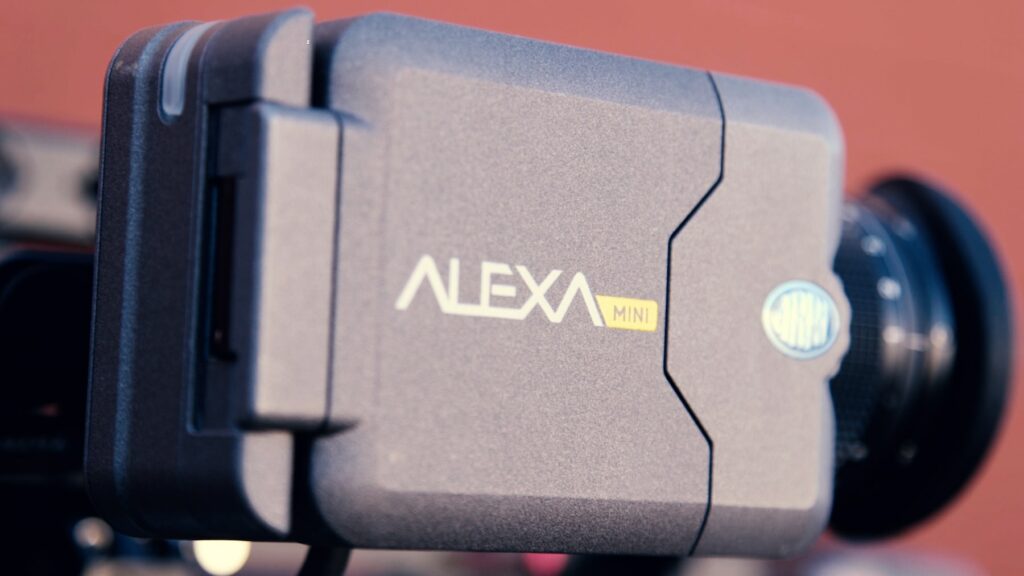The VidChapters-7M dataset is an AI researcher’s dream. Comprised of a whopping 817,000 videos segmented into 7 million chapters, this dataset has been meticulously formed by extracting user-annotated chapters from online videos. Hence, the tedious requirement for manual annotation is considerably reduced.
The dataset offers a realm of possibilities for artificial intelligence models to tackle three key tasks: video chapter generation, video chapter generation with predefined segment boundaries, and video chapter grounding.
An integral function of video segmentation, video chapter generation, is built upon the premise of breaking down long videos into comprehensive chapters. The predefined segment boundaries take this a step further by delineating specific sections within these chapters. Video chapter grounding then bolsters this by aligning the video with a narrative that aligns it closer to user requirements.
An incisive evaluation carried out using baseline approaches and top-tier video-language models underscored the revolutionary power of VidChapters-7M. Remarkable improvements have been seen in dense video captioning tasks, both in zero-shot and fine-tuning scenarios, courtesy pre-training on VidChapters-7M. It has pushed the state-of-the-art results on benchmark datasets like YouCook2 and ViTT to unprecedented heights.
Despite this technological achievement, prudence tells us to recognize the limitations and biases in the VidChapters-7M dataset. Biases can sometimes sneak into video categories, and unintentional biases within YouTube videos can bleed into models trained on VidChapters-7M. Potential negative societal impacts, such as invasive video surveillance, are an inherent possibility that cannot be overlooked.
Yet the VidChapters-7M dataset’s contributions are monumental. They are revolutionizing the way we perceive and interact with video content. Video chapter generation models equipped with the VidChapters-7M dataset herald a new wave of artificial intelligence capabilities. Still, as we continue to reap the advantages, we must remain conscious of its inherent biases.
I encourage you to delve deeper into this groundbreaking work. Check out the Paper, Github, and Project, and stay tuned to our ML SubReddit, Facebook Community, Discord Channel, and Email Newsletter for the latest updates in AI research and projects.
If video is content king, then the VidChapters-7M dataset is the mighty tool that will help it rule the realm. As we position ourselves at the cusp of a new AI era, the possibilities for video content are endless. Let’s explore them together.


![The ‘Giveaway Piggy Back Scam’ In Full Swing [2022]](https://www.cjco.com.au/wp-content/uploads/pexels-nataliya-vaitkevich-7172791-1-scaled-2-683x1024.jpg)

